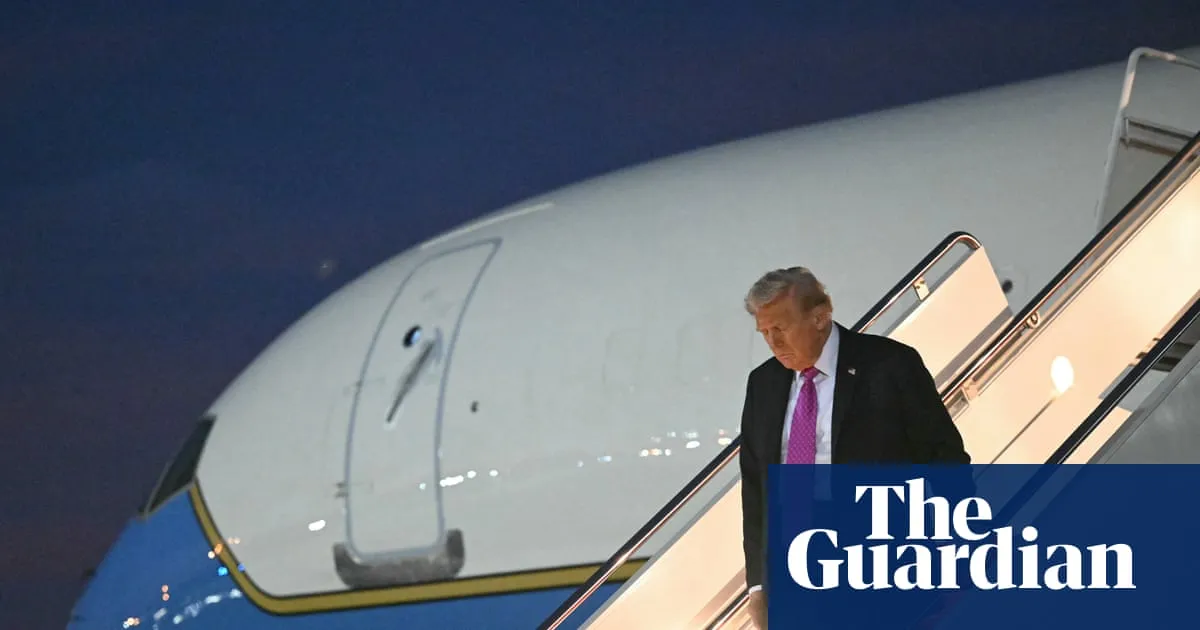
As the investigation into the motives of Tyler Robinson, the 22-year-old accused of shooting conservative activist Charlie Kirk, unfolds, political tensions are escalating. Many Republicans have been quick to place blame on the political left, attributing the rise in violence to a culture of anti-conservative vitriol that they believe is being fostered by liberal rhetoric.
Allies of Donald Trump have voiced strong opinions, claiming that the left's hostile language encourages violent acts against conservatives. They argue that this climate of animosity is detrimental to national unity. Trump himself remarked to reporters on Sunday, “The problem is on the left.” He suggested that many individuals traditionally aligned with leftist ideologies are currently under investigation for their actions.
Despite the ongoing political division in the United States, Trump has refrained from advocating for a unified approach to healing the country’s rifts. Instead, he has chosen to focus on what he describes as “vicious and horrible” radicals within leftist politics, framing them as the primary source of the nation’s challenges.
This incident and the subsequent reactions highlight the increasing polarization in American political discourse. As investigations proceed, the dialogue surrounding political violence and its roots will likely continue to evolve, shaping the narrative in the lead-up to future elections.